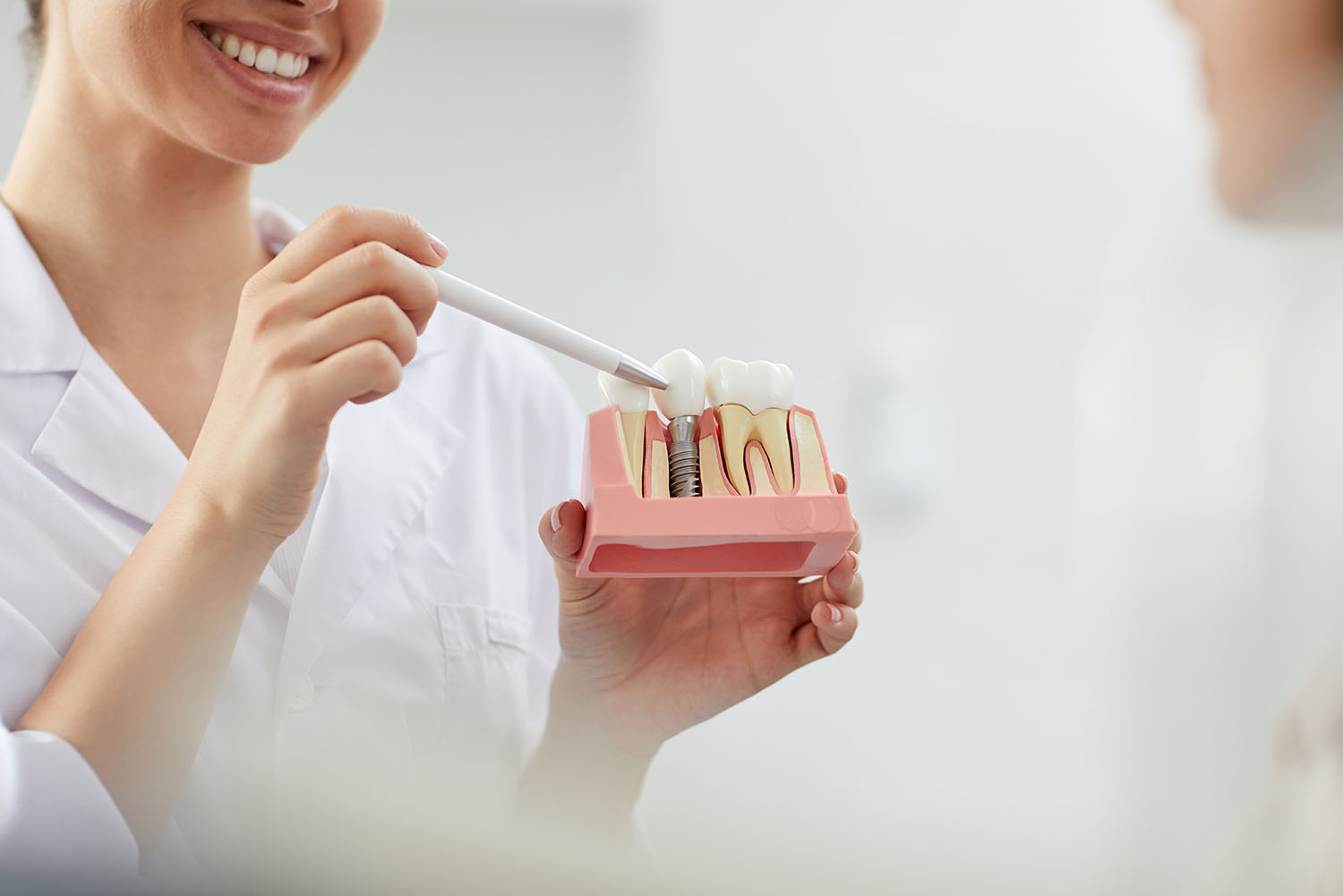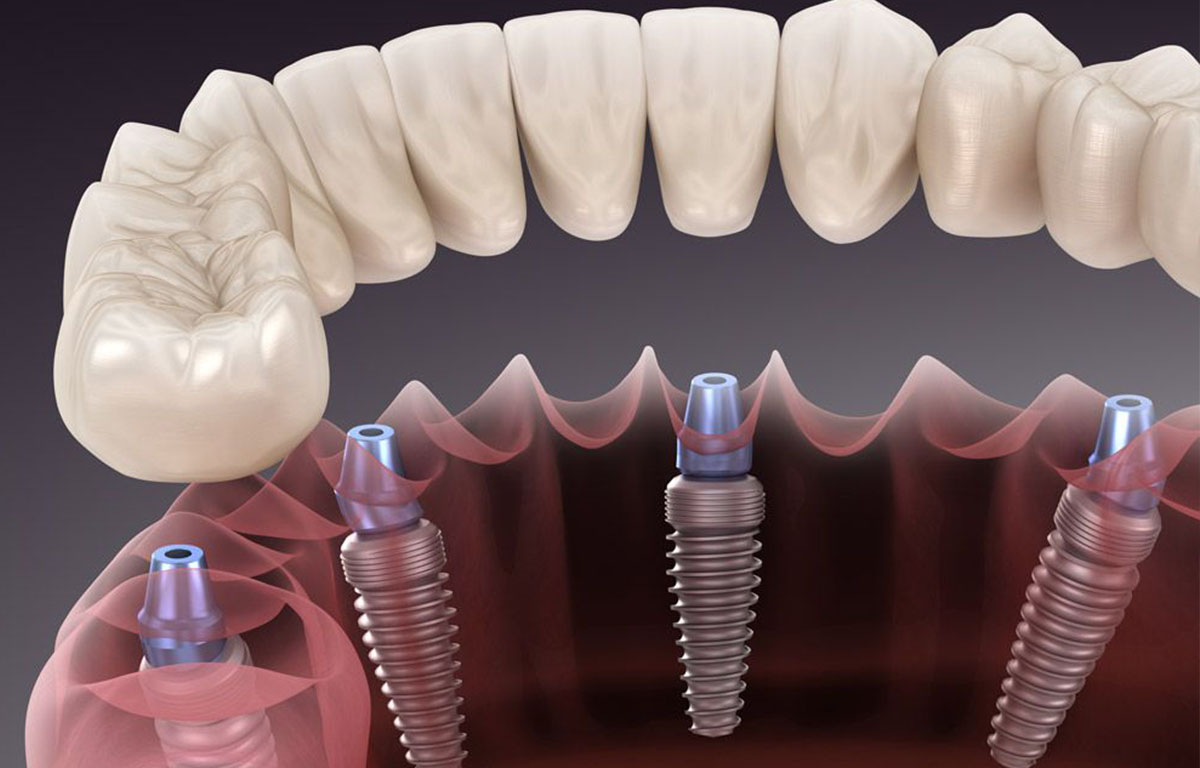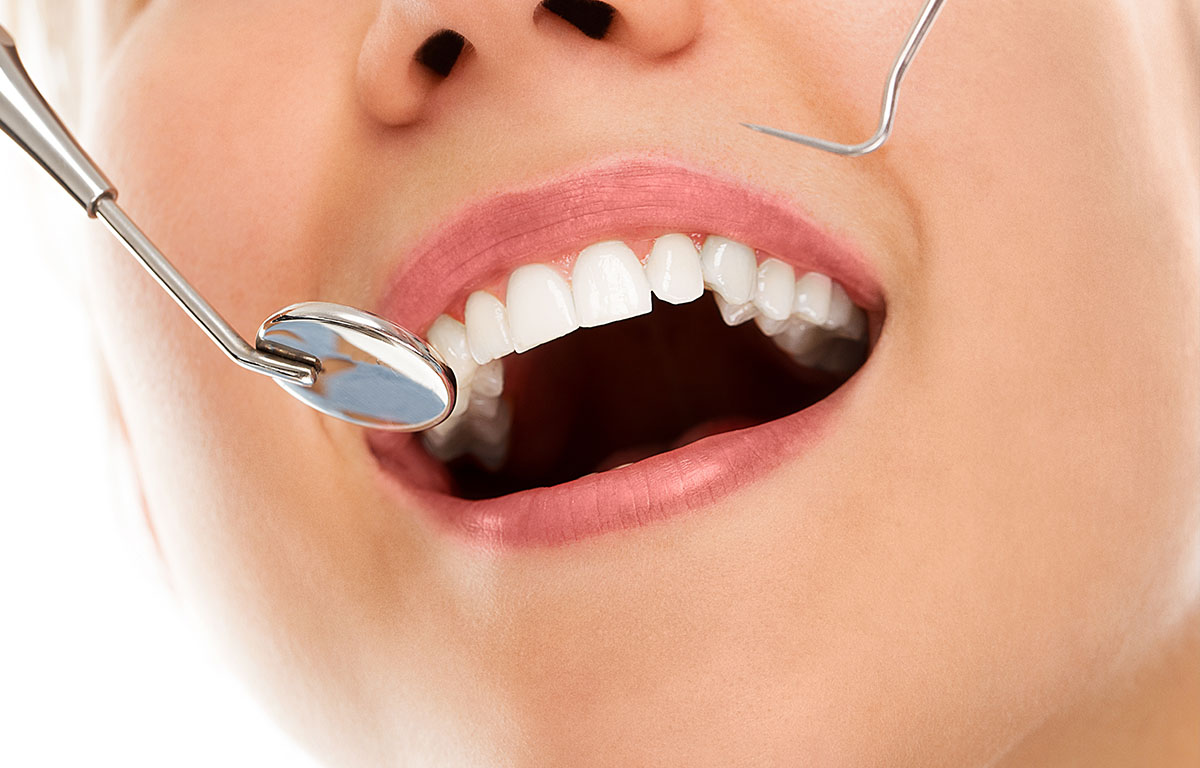ANTALYA DENTAL HOSPITAL
Treatments and procedures
Frequently Asked Questions About Dental Health
FAQs
Our FAQs are the most commonly-asked questions put to our Dental Helpline over the last year. If you have a question for us, you can ask our Dental Helpline by telephone or email. Alternatively, please take a look at our library of oral health information, which contains a wide range of oral health advice in an easy-to-understand Q&A format.
This is when the teeth do not meet together properly or are not in balance with the rest of the face, or if teeth are lost and not replaced.
You should always tell your dental team if you are pregnant. They will take extra care and will probably not use x-rays unless they really have to, especially during the first three months.
White fillings have always been considered less long-lasting than silver amalgam fillings. But there are now new materials available that are comparable to silver amalgam, and these are proving to be very successful. The life expectancy of a white filling can depend greatly on where it is in your mouth and how heavily your teeth come together when you bite. Your dental team can advise you on how long your fillings should last.
Veneers make teeth look natural and healthy. Because they are very thin and are held in place by a special, strong adhesive, very little preparation of the tooth is needed. Some types of veneers don’t need any preparation at all.
Your Best Smile Starts Here
Follow along as Antalya Dental Hospital expert dentists share the latest oral health trends that impact you and your family’s overall health. Dentistry and Oral Health Blog is a rich source of information about dentistry, dental care, tips, news and more. Subscribe to our blog, newsroom and social media.









